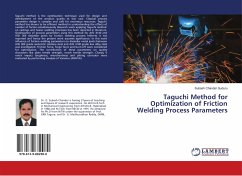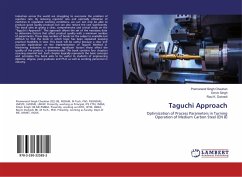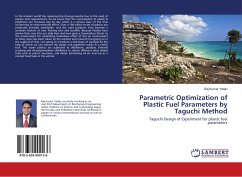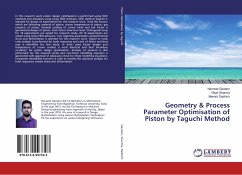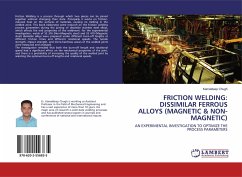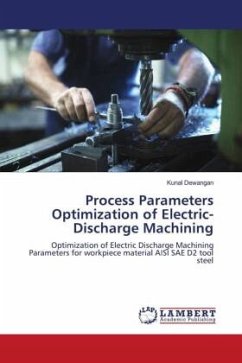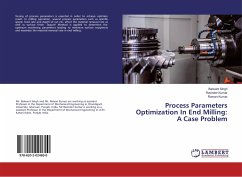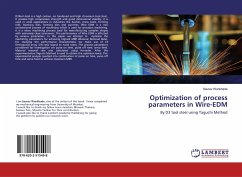Taguchi method is the optimization technique used for design and development of the product quality at low cost. Classical process parameter design is complex and calls for enormous resources. Taguchi method has shown to be efficient method in understanding the effects of number of factors simultaneously. Research work applying Taguchi method on castings and fusion welding processes has been reported in literature. Optimization of process parameters using this method for AISI 4140 and AISI 304 dissimilar joints by friction welding process hitherto is not reported and hence the present work assumes significance. In this work influence of friction welding parameters on dissimilar metal joints between AISI 304 grade austenitic stainless steel and AISI 4140 grade low alloy steel was investigated. Friction force, forge force and burn-off were considered for optimization. The contribution of these parameters on quality characters like plain tensile strength, notch tensile strength, Charpy V notch impact toughness, microhardness and pitting corrosion were evaluated by performing Analysis of Variance (ANOVA).
Bitte wählen Sie Ihr Anliegen aus.
Rechnungen
Retourenschein anfordern
Bestellstatus
Storno

